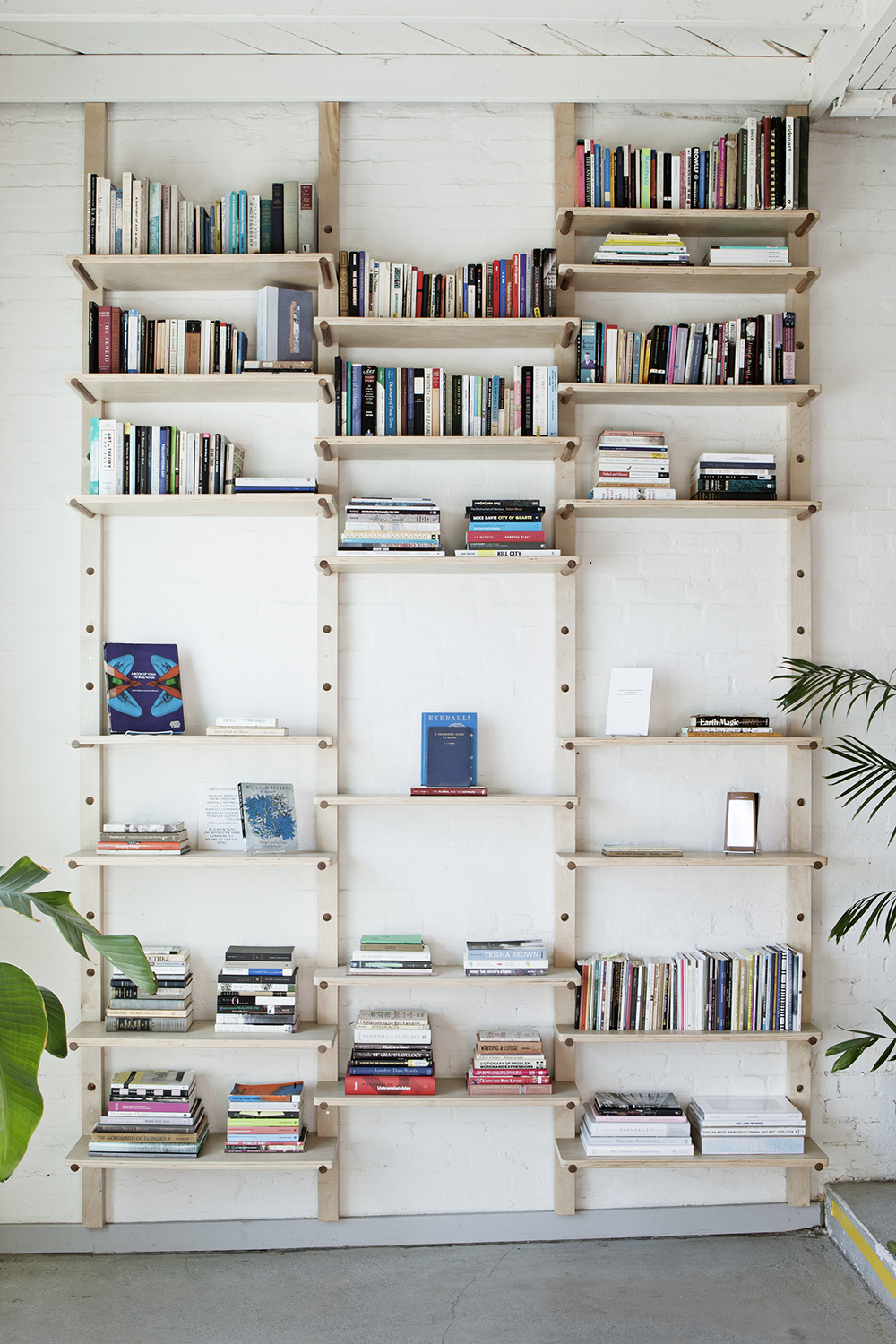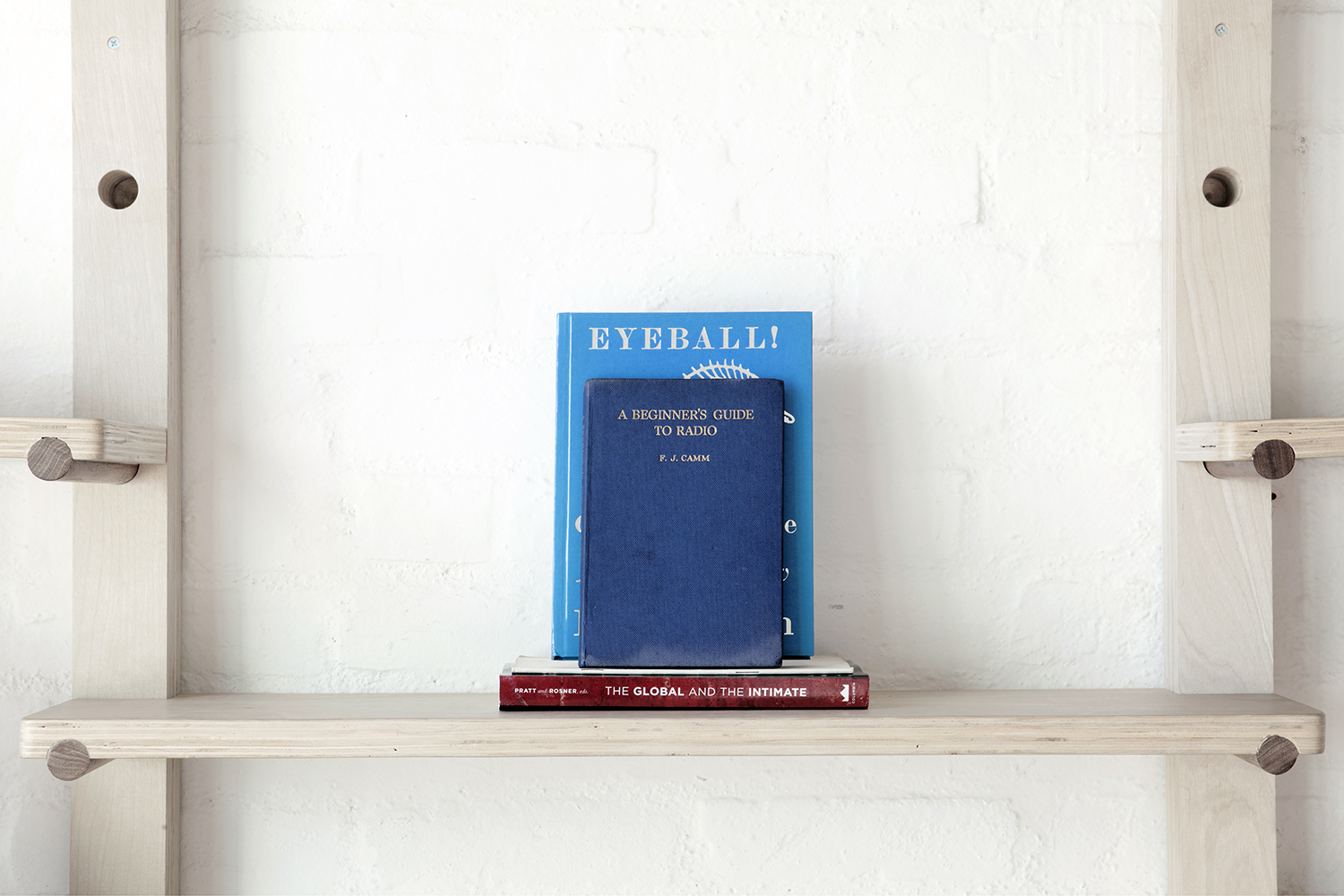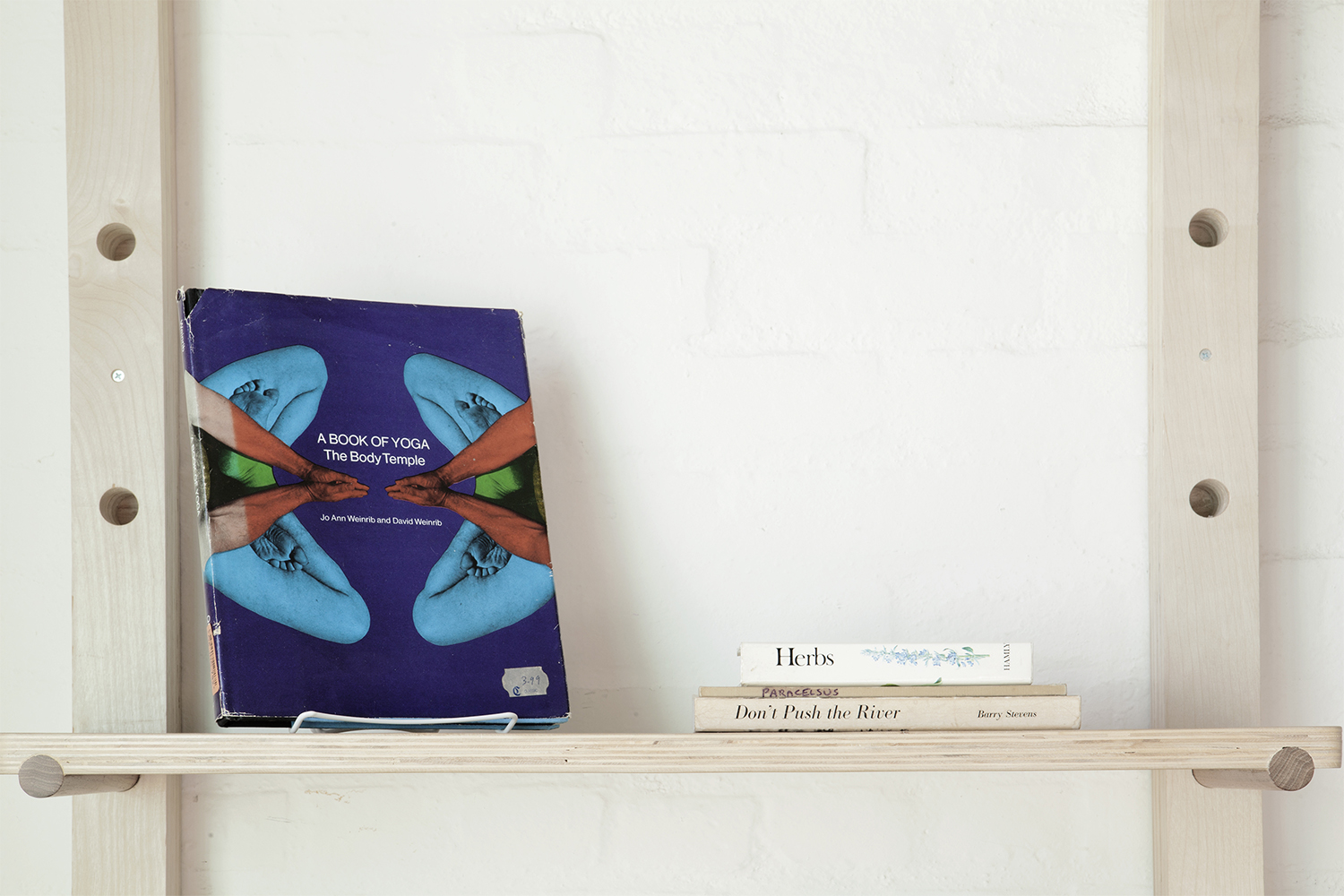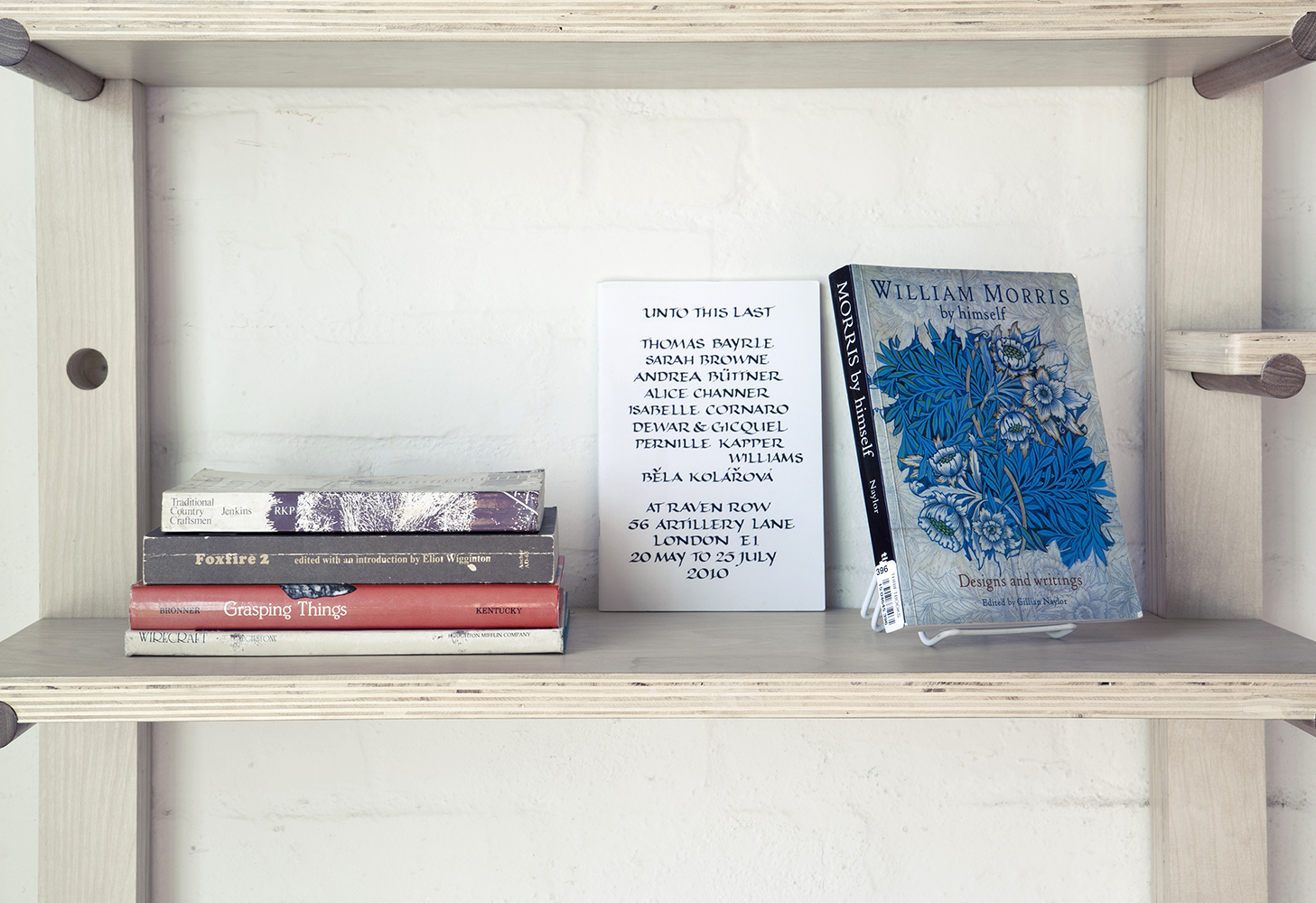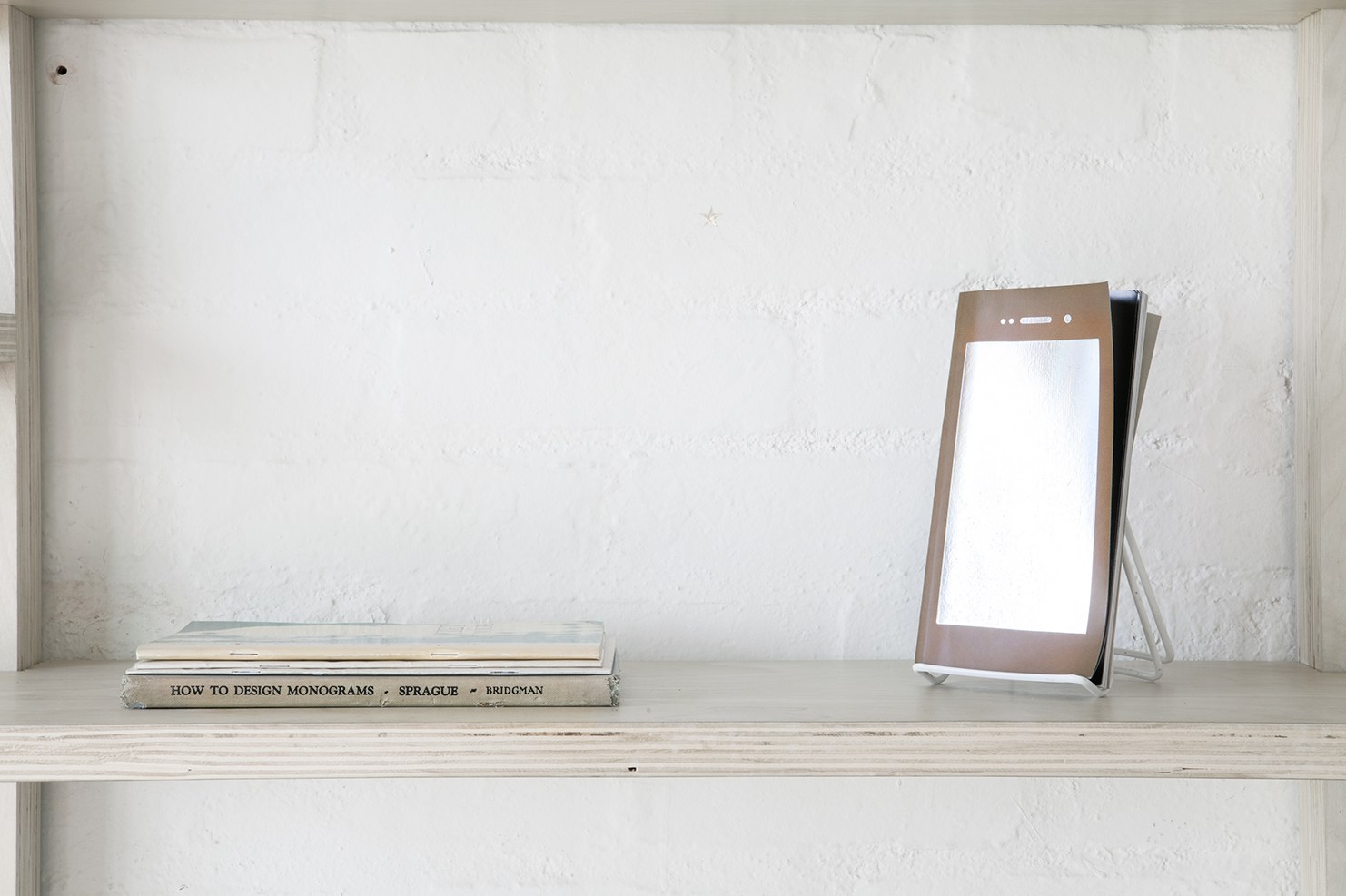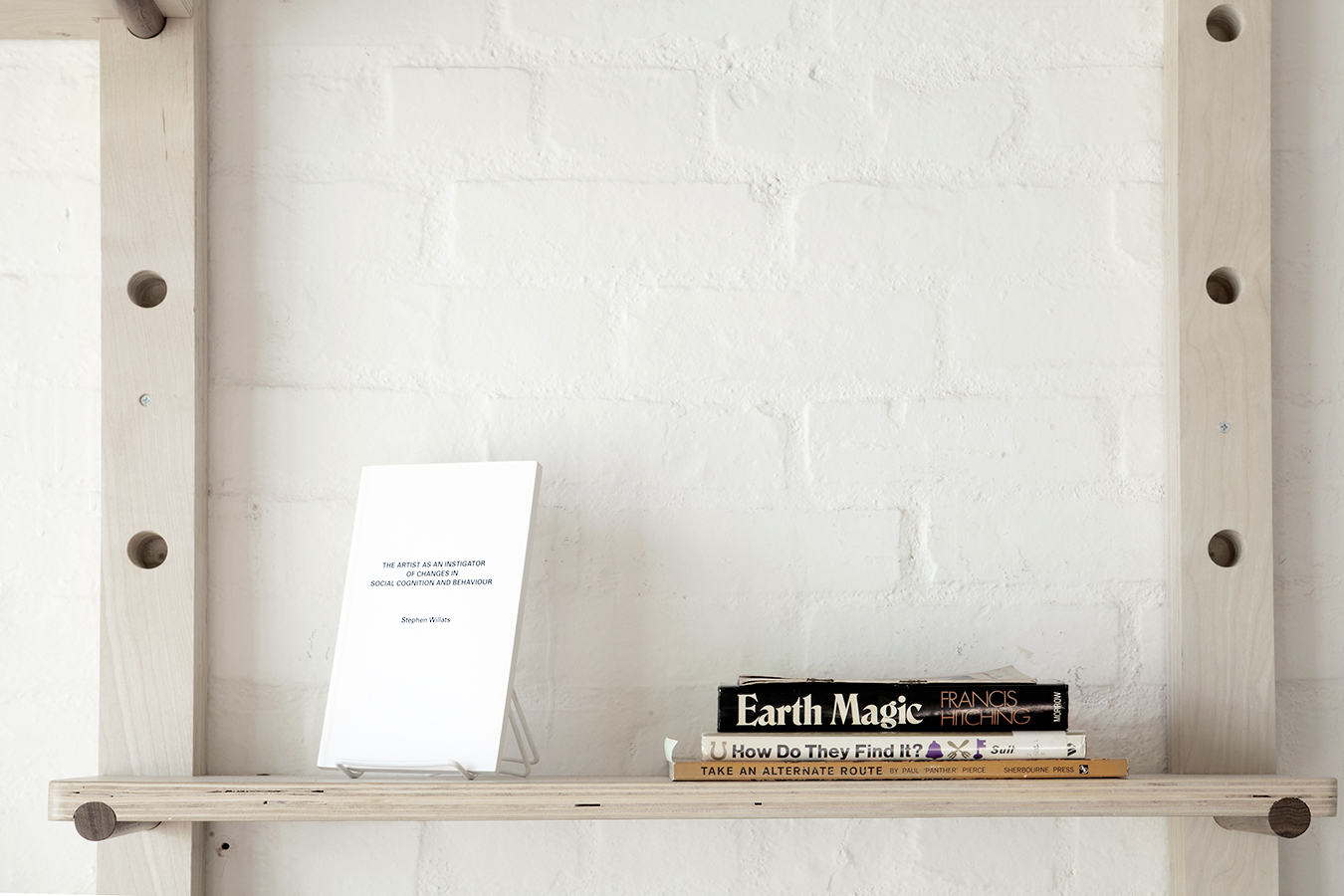Charlotte Taillet
A craft, a house, a food, that comes from one’s hands or heart, one’s shared experience with other people in a community, one’s learned ideas and symbols, visibly connects persons and groups to society and to the reality around them. That interconnection is material culture. Material culture is made up of tangible things crafted, shaped, altered, and used across time and across space. It is inherently personal and social, mental and physical. It is art, architecture, food, clothing, and furnishing. But more so, it is the weave of those objects in the everyday lives of individuals and communities.…It is the gestures and processes that extend ideas and feelings into three-dimensional form.
—Simon J. Bronner, American Material Culture and Folklife
Craft denotes a spectrum of activity that ranges from professional to amateur production, typically resulting in objects traded publically for profit and those constructed privately for pleasure. This characterization presents a false dichotomy, as the conditions of leisure often yield ideas and objects that can have a greater use value than their own self-contained pleasure. While reading various forms of how-to guides from my home workshop, I have found that literary engagement with “functional texts” not only catalyzes the design process but also offers imaginative alternatives to entrenched patterns of social relating. Furthermore, the self-initiated culture of craftsmanship promotes active self-becoming, which I believe is necessary to critically engage a culture dominated by mass consumption.
As far as production processes go, I do not believe that “mass” is inherently bad. For instance, do mass produced domestic products allow for a global culture of intimacy? How do products connect us to one another, and not simply to more products? Objects, and the processes by which they are made, contain the political and cultural ideologies that shape behavior and determine societies; products are manifestations of specific knowledges. In our climate of increasing standardization, it is important to consider the power of design to represent certain histories and values while obscuring others. Considering that the transmission of knowledge is the origin of design, craft is both a process and a product that, in turn, designs the self and the social as we form communicative landscapes.
Charlotte Taillet is a London-based designer who explores the social impact of production typologies across print, digital, and product design. Recent projects and exhibitions include Map to the Stars, in which she organized a publication of commissioned essays, interviews, and artworks about the history of free-form radio culture in Los Angeles, produced during an HMCT residency at Art Center, Pasadena; Pavillion, an exhibition for which she designed a set of bench-cushions to facilitate lectures and performances at the Werkplaats Typografie, Arnhem, Netherlands; and the creation of an original typeface for Paris fashion house LGN. Taillet received a Masters in Graphic Design and Typography from the Werkplaats Typographie, where she operated the school’s long-standing pirate FM station, Phantom Radio, in collaboration with Joel Colover. In 2017 she and Colover created Comet Radio, an independent online transmission broadcast from their home on Comet Street in Deptford, London.
Download her BIBLIOGRAPHY
View her corresponding PROGRAM
